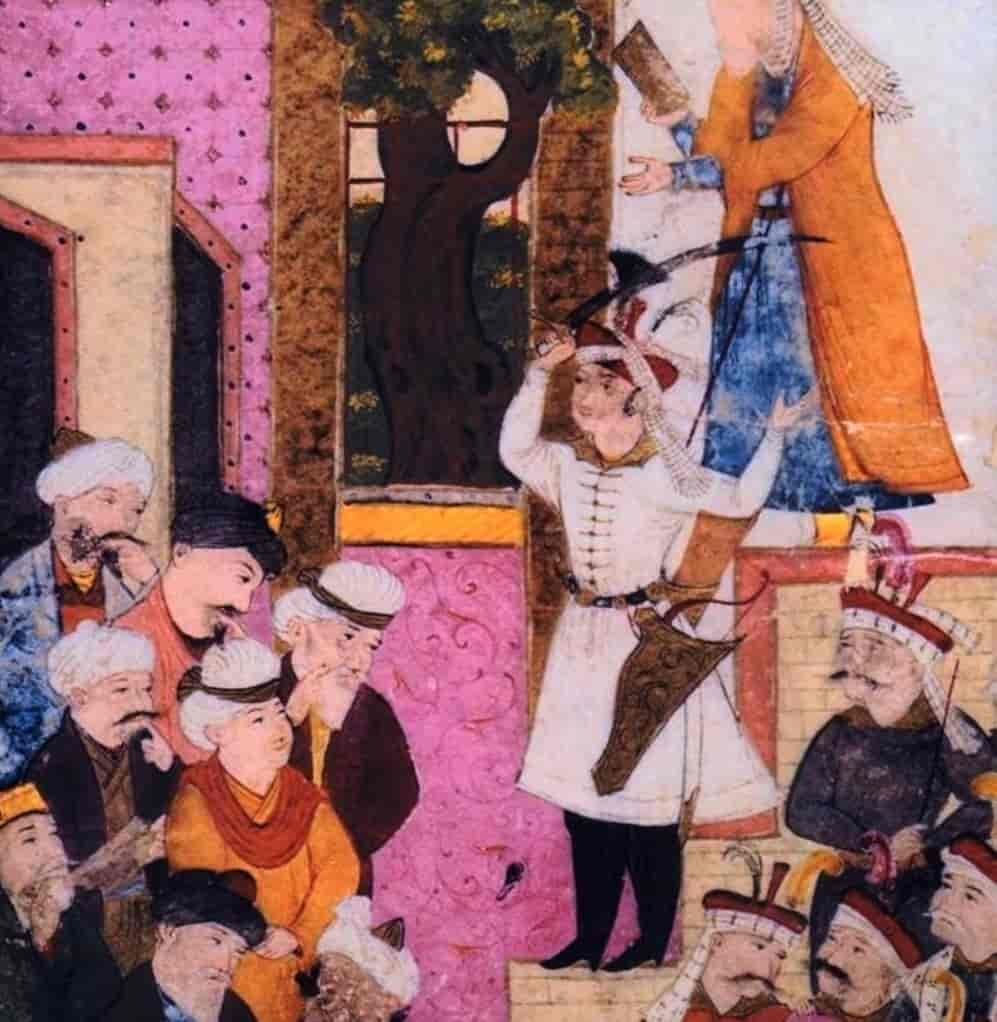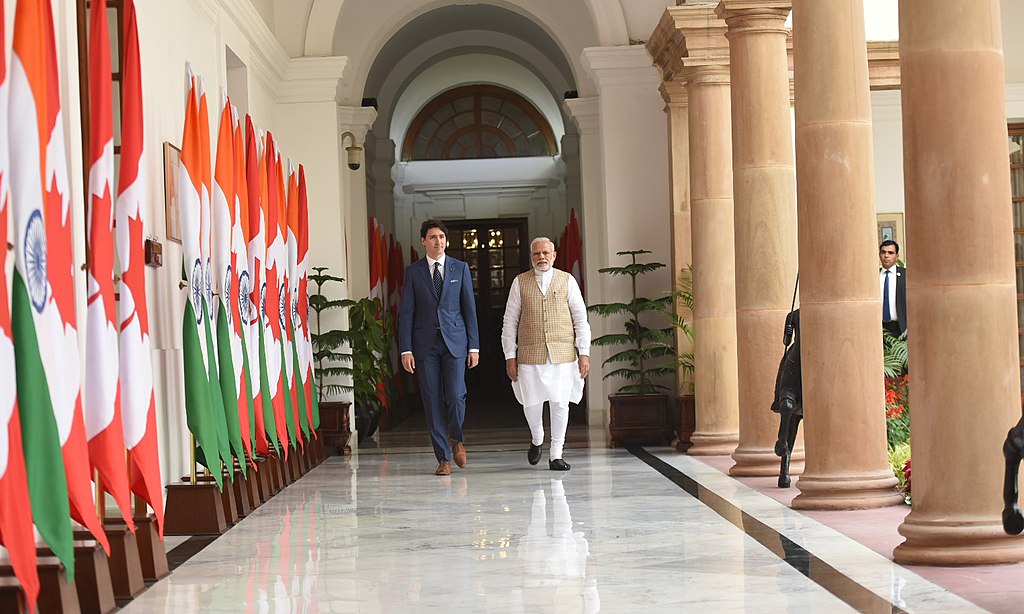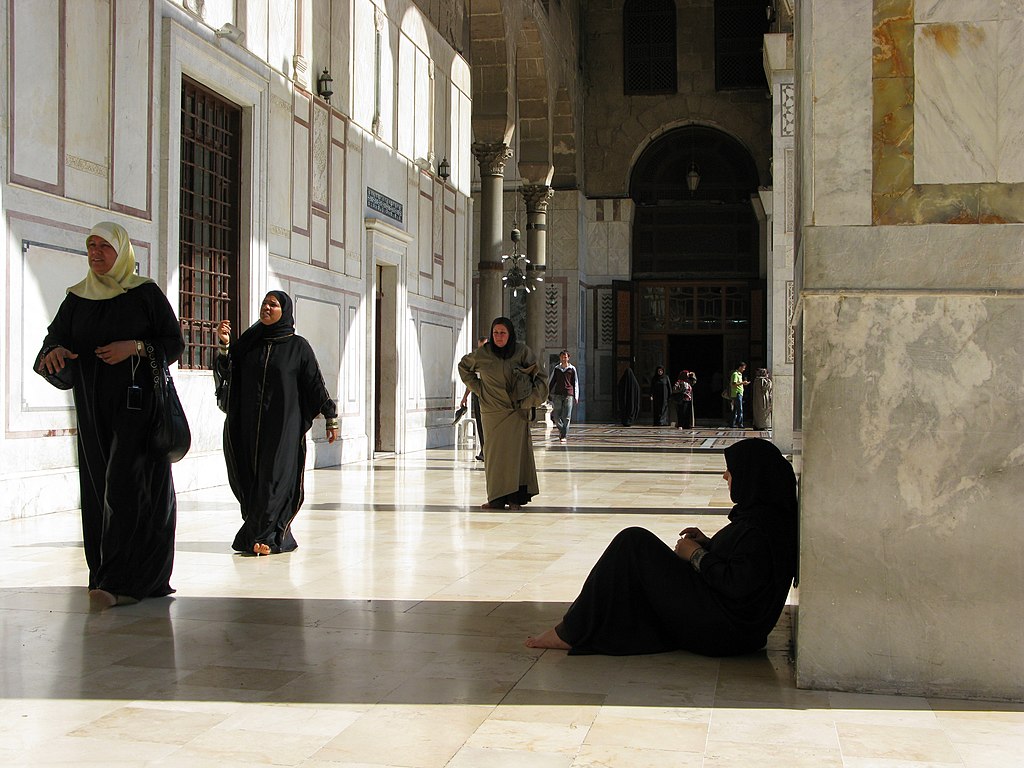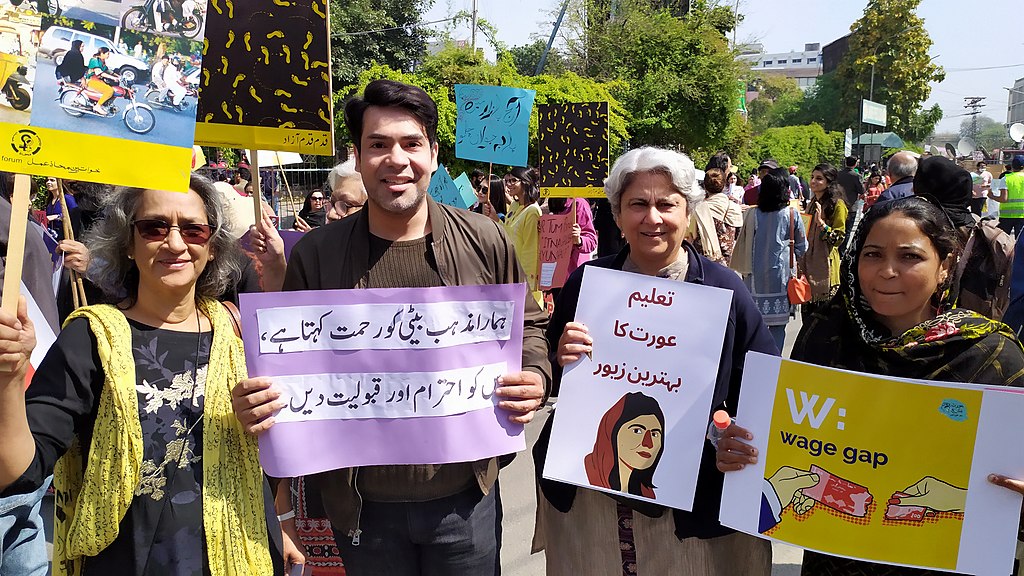By Justice (retd.) Tanzeel-ur-Rehman
The word “Ijtihad” (independent interpretation) is derived from the Arabic word “Jahd” which literary means an effort that involves physical hard work.
Ijtihad in its literal meaning is known as finding the order of Sharia (Islamic Law) through logic and ratiocination.
Ijtihad, as defined in Sharia, means a joint and disciplined method of reasoning for problems not precisely covered by the Holy Qur’an and Sunnah finding Sharia’s order through criteria mentioned in the teachings of Qur’an and Sunnah under the “criterion of logical reasoning” for the sake of willingness of Allah.
We find this guidance with more explanation and clarity in a hadith of the holy prophet (peace be upon him) which is also called “Hadith of Mu’adh”:
When the holy prophet (peace be upon him) appointed Mu’adh ibn Jabal as the governor of Yemen, he asked: How will you decide a case among people?
He replied: I shall judge in accordance with Allah’s book. He asked: (What will you do) if you do not find guidance in Allah’s book? He replied: (I shall act) in accordance with the Sunnah of the messenger of Allah (peace be upon him).
The holy prophet (peace be upon him) asked: (What will you do) if you do not find any guidance in the Sunnah of the messenger of Allah (peace be upon him) and in Allah’s book?
Mu’adh replied: I shall do my best to form an opinion and I shall spare no effort.”
This hadith indicates that when there is a clear order in the Holy Qur’an or Sunnah about an issue then Ijtihad, in this case, is not permissible but it’s accursed, however, if Qur’an and Sunnah are silent on an issue then Ijtihad is permissible as well as praiseworthy.
Types of Ijtihad
There are two major types of Ijtihad. The first is Absolute Ijtihad and the second is Relative Ijtihad.
Finding Sharia’s order about an issue which has neither an example found in the Holy Qur’an and Sunnah nor it has been subject to Ijtihad earlier in the historical forms Absolute Ijtihad.
While Relative Ijtihad is defined as finding Sharia’s order for an issue that already has an example found through Qiyas (logical reasoning) and then using Qiyas on Sharia’s order for this first issue, an order is made on the second and similar to the first one.
There were jurists in the first three to four centuries of Islam who were largely capable of Absolute Ijtihad but later due to the heavy influence of different schools of thought, the capability for Absolute Ijtihad started vanishing and then replaced by Taqlid (conformity to precedent and tradition) of leaders of jurisprudence.
Beginning of Taqlid instead of Ijtihad:
It is important to explain that there were political reasons behind the closing of the door to Absolute Ijtihad to stop the authoritarian rulers from spreading panic and chaos in the Muslim society through obtaining a legal justification in the name of Islam for their autocratic measures.
So, the objective of closing the door to Ijtihad in times of chaos and autocracy was to save Allah’s religion from innovation (bidah), modernism and once personal choices, so it could be guaranteed for survival, stability and continuity of Islamic jurisprudence.
The reasons behind the closing of the doors of Ijtihad and the dominance of Taqlid were mainly because of the unnecessary trends of reasoning, effects of Christianity on Islamic spirituality and particularly the destruction of Baghdad.
These factors almost paralysed the growth of the thought process in Islam. However, there were people in history who had been fulfilling the responsibility of Relative Ijtihad in their personal capacity. But this was confined to the boundaries of their respective religious jurisprudences ie it worked with a limited scope only for the unresolved issues left by the founders of their religious sects.
Our contemporary Muslim society is facing numerous political, economic and social problems. These issues can only be solved if we work through Ijtihad, particularly in issues that have not been mentioned directly in the Holy Qur’an and Sunnah. So, business transactions, insurance, right to ownership, the concept of ownership by the state, modern financial laws and taxes and even medical issues, forms of government, methods to elect representatives of people and international laws can also be resolved through Ijtihad.
The basic rule for Ijtihad is that it should not be against the principles of the Qur’an and Sunnah. It should conform to the Islamic teachings and cause.
Those people or groups, who work through Ijtihad, individually or collectively, should have expertise in religious education and also possess a high moral character so that they could perform ratiocination responsibly in issues about religion without being overtaken by their own desires and feelings.
Establishing an international institute of Muslim jurists is the only solution to create uniformity in the field of Ijtihad. The members of this institute must be expert researchers and jurists from the Islamic world.
This body will also fulfil the purposes of an institution for Ijma (consensus of Islamic scholars on a point of Islamic Law) in the modern era and would also be acceptable for the collective desires of the Muslim world.
The laws should be inside boundaries of the teachings of the Holy Qur’an and Sunnah fulfilling the requirements of the contemporary world following the method of Ijtihad and include contents from Islamic law books from all religious schools of thoughts and valid religious jurisprudence.
There should not be depending on a single sect for documentation of these laws.
We believe the process of Ijtihad will play its brilliant role and contribute to the Islamic Renaissance of Islamic thought in the present times directly and comprehensively. Ijtihad can help face the challenge of modern civilisation and fix the stagnant state of Muslim society. The Muslims from all over the world would get closer to each other through Ijtihad and the core purpose ie the unity of the Islamic world would be achieved.






